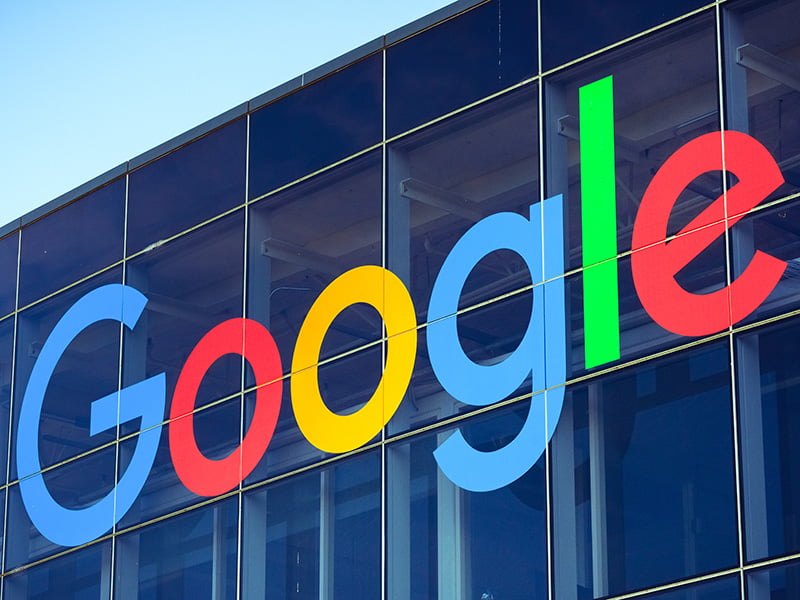Opinion: A final report into the notoriously murky and concentrated digital advertising market should now be sitting on the Treasurer’s desk.
The report, which was due by August 31, contains how the competition and consumer regulator wants to clean up the multibillion-dollar supply chain, which could set up a fresh face-off between the Australian government and Google.

The digital advertising behemoth and search engine giant is firmly in the sights of the Australian Competition and Consumer Commission (ACCC) and its Chair Rod Sims, who over an 18-month inquiry repeatedly singled out Google for its dominance and vertical integration in the advertising technology market, commonly known in the industry as the “adtech” market.
Adtech is the digital infrastructure that allows the near-instantaneous delivery of $3.4 billion of digital ads in Australia each year.
Its efficiency and role in keeping content “free” varies on who you ask, with the supply chain filled with “middlemen” who take a share of every advertising dollar for their various adtech services.
Studies have shown around half the money advertisers spend never reaches publishers and about one-third of the programmatic supply chain cost is “unattributable”.
The ACCC is trying to clean it up in Australia and is focusing on the biggest adtech player of all: Google.
The regulator estimates the tech giant’s share of the revenue or ads traded in each of the key adtech services in Australia ranges from 50-60 per cent to between 90-100 per cent, depending on the service.
Along with its troves of data, it means the US behemoth has the “ability and the incentive” to preference its own adtech businesses in ways that affect competition, according to Mr Sims, who won’t be relying on Google to resolve conflicts of interest itself.
Nor should he. Google parent Alphabet now rakes in more than US$147 billion (AUD200 billion) a year through its ad business. It did not get there by helping its competition and it would be foolish to not at least shine a light on the otherwise opaque adtech world.
Based on previous tough talk, Mr Sims will have an ally in Treasure Josh Frydenberg, who has declared the Australian government is more than happy to lead a push back against the encroachment of “Silicon Valley”, albeit with questionable results so far.
Google, of course, won’t go quietly and has already warned that the real losers of any breakup of its vertical adtech integration and market dominance will be publishers, advertisers and, ultimately, the consumer.
The size of the Australian market also means another threat by Google to switch off services for local users would be at least credible, although much less likely than the headline-grabbing warning it would block local news last year (which it did as part of “experiments”).
Interventions will need to be well-thought through given the reliance of Australian advertisers and publishers on adtech, much of it Google’s, which does help keep paywalls down.
The report, including exactly what the ACCC is proposing, is expected to be released in September. But the regulator has previously shown, in its January interim report, that it is leaning towards intervention or at least a more watchful role in any industry-led initiatives.
In its interim report, the ACCC suggested rules to manage conflicts of interest and to prevent self-preferencing in the supply of adtech services, along with mechanisms to improve adtech transparency and data interoperability and portability.
The regulator also suggested a potential forced breakup of datasets held by “large incumbents”, to make it easier for rival adtech providers to enter and compete in the supply of services.
In response, Google argued the regulator had presented an “incomplete picture” of the digital advertising industry and downplayed its dominance by arguing it competes with a wide range of adtech players and other digital advertising options like Facebook, as well as other forms of media.
A flurry of supplementary submissions by Google in July also sought to address criticisms and ensure any changes are in line with global developments as regulators everywhere seek to reign in tech giants.
Big Tech companies including Google have enjoyed a huge head start on regulators, initially arguing against any oversight and more recently trying to ensure the “right” regulation.
Adtech may not grab the public’s attention in the same way the News Media Bargaining Code did but is potentially no less important.
It all makes for tough work for Mr Sims and the ACCC.
Do you know more? Contact James Riley via Email.

